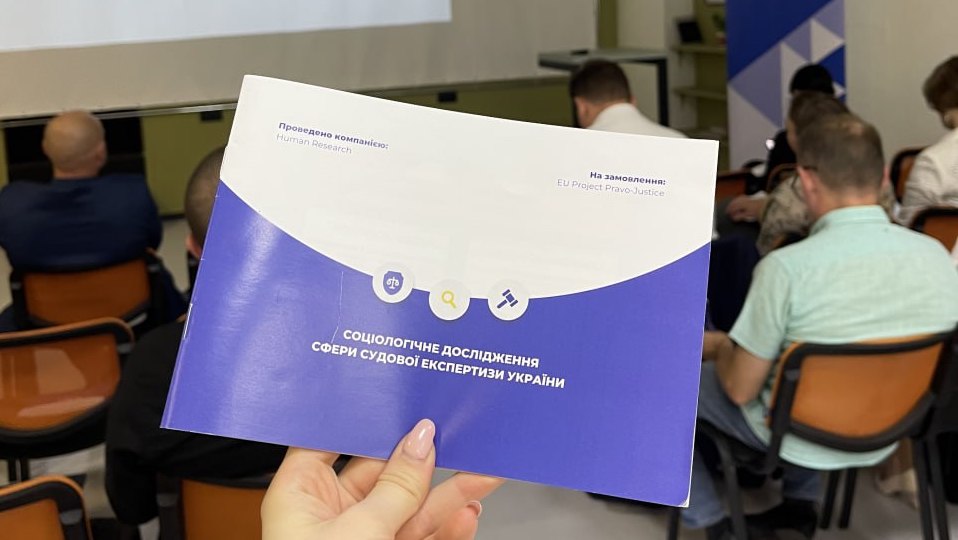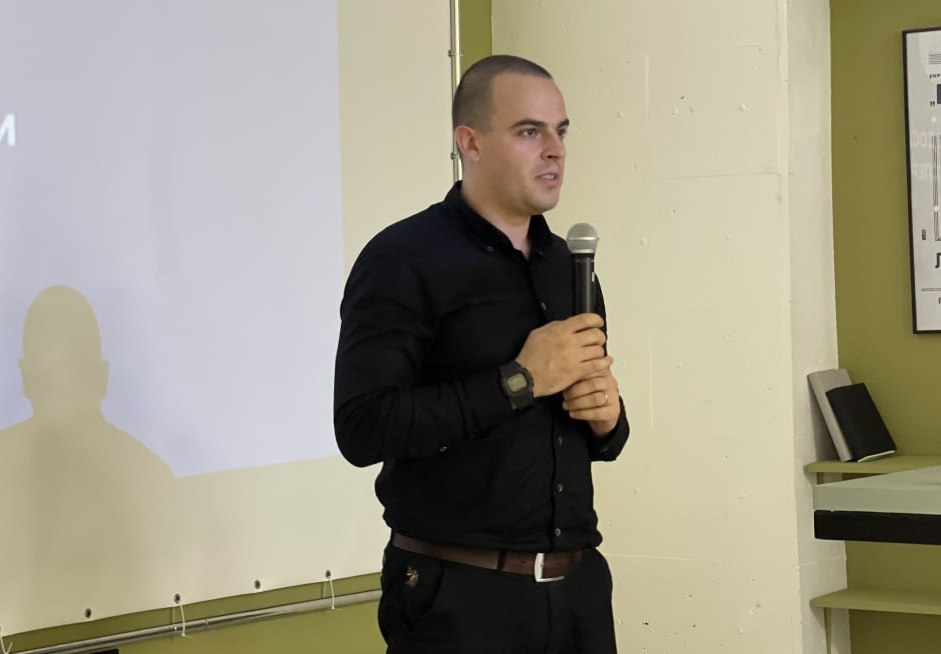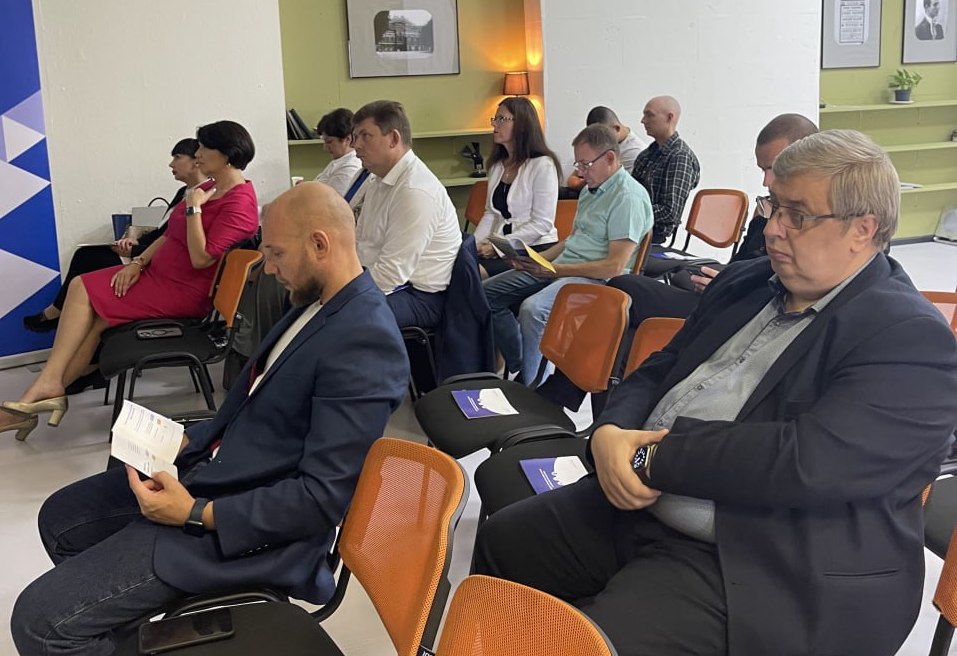Sociological survey in the field of expert evidence in Ukraine presented

On 26 September, the findings of the sociological survey into the expert witness system conducted with the support of EU Project Pravo-Justice were presented. The survey is part of a comprehensive sociological survey that includes examining problems and main challenges in four areas: enforcement of court decisions, insolvency, notary system and expert evidence.
“It is no exaggeration to say that expert evidence plays a key role in justice. Expert witnesses have become even more important during martial law, when new areas of expert examination were added to the usual types of expert examinations – expert examinations into issues related to the legal regime of martial law, war crimes, etc. It is the quality and timeliness of expert opinions that determine how quickly and efficiently justice will be administered,” said Oleh Mykhaliuk, National Key Expert of EU Project Pravo-Justice.

Presenting the findings of the study, Mykola Homaniuk, PhD in Sociology, described the methodology of surveying the field of expert evidence which was conducted using in-depth interviews with public and private experts, questionnaires among individuals and legal entities, as well as representatives of law enforcement bodies and attorneys who requested the services provided by expert institutions. The survey was conducted from 19 May to 30 June 2023 throughout Ukraine, except for the temporarily occupied territories of Donetsk, Luhansk, Zaporizhzhia, Kherson regions and Crimea.
As part of the sociological survey, the expert witnesses interviewed noted that with the outbreak of the full-scale war, given that it is necessary to record destruction, conduct examinations related to explosives, fires, construction, commodities, economics, linguistics and weapons, the workload of state experts has increased significantly.
“Some experts have a queue of urgent cases scheduled for over a year ahead. Some respondents from the community of state expert witnesses say that the workload has increased many fold,” said Mykola Homaniuk.

Among the factors that further complicate excessive workload of state experts, respondents named the following: staff attrition, industry underfunding because of the war, the poor facilities and equipment in expert institutions, a tendency to complicate and include too many details in expert opinions, ineffective cooperation with investigative bodies.
Sociologists also explored whether expanding the mandate of private experts is feasible. 52% of respondents who used the services provided by expert institutions said that the mandate of private expert witnesses should be expanded, while 38% said that nothing should be changed. However, the vast majority of both public and private expert witnesses admitted that they do not support expanding the mandate of private expert witnesses to conduct all types of examinations. The main arguments include the fact that the equipment necessary to conduct certain types of examinations is extremely expensive, that there are no private expert witnesses in a number of specialties, they cannot operate 24/7 like state expert institutions, and that there are not enough facilities to create proper storage conditions for the materials under investigation (weapons, chemicals, etc.).
The findings of the survey showed that respondents who have experience in dealing with both public and private expert witnesses more often prefer private ones. They are considered to be more effective by 67% of respondents (compared to 33% for state experts). Such an assessment is based on the fact that private expert witnesses are faster and more efficient, provide better services, are more motivated and result-oriented, and are client-oriented and the fact that state expert institutions are overloaded. At the same time, respondents named the following reasons for turning to state experts: they are appointed by court, private experts have limited mandate to conduct certain examinations, the fact that examinations are cheap or can be conducted free of charge, and they work quickly.
94% of respondents are either completely or somewhat satisfied with the work of private expert witnesses, and 75% of respondents are fully or somewhat satisfied with the work of state experts. In terms of trust, 77% of respondents completely or somewhat trust state experts and 93% of respondents completely or somewhat trust private experts.
Cases of failing to meet the deadlines in terms of expert examinations by state expert witnesses were reported by 50% of respondents, with 18% admitting that this happened in most cases of expert examinations. Only 14% of respondents said that they had encountered such incidents when dealing with private expert witnesses. 90% of respondents said that private expert witnesses are completely or somewhat independent in their professional activities. 59% said the same about state expert witnesses.
The sociological survey demonstrated the demand on the part of state expert witnesses to improve logistics and facilities, digital tools and software, increase salaries, develop and improve methodologies, new estimate methods, research approaches, quality training of future expert witnesses in universities, and increase the deadlines for certain examinations.
Private expert witnesses called for expanding the mandate of self-governing organisations, reviewing the certification/re-certification process, further digitalisation, automatic distribution of expert evidence requests in state judicial institutions, introducing e-archives and preferential loans for purchasing equipment for private expert witnesses.